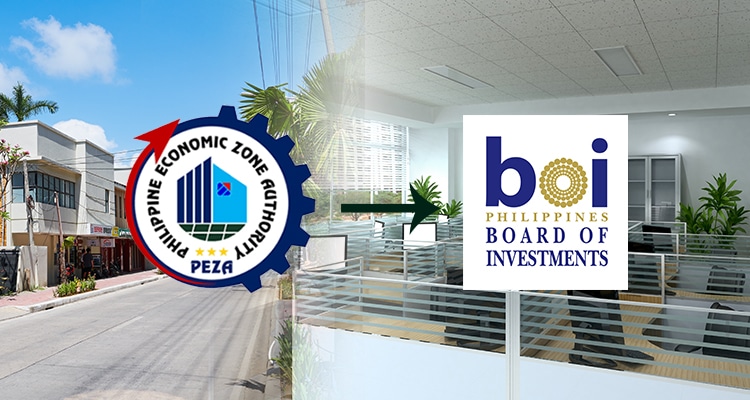The pandemic brought unprecedented lockdown measures to protect our health from COVID. Companies are forced to operate 100% online to provide their services. And the BPO industry is one of the few that thrived during this time. After all, most BPO services are work-from-home friendly.
But now that it’s slowly returning to normal, BPOs are forced to operate once more in their respective economic zones. The Philippine Economic Zone Authority, or PEZA, was demanding a 100% return to the office or else companies would be stripped of the tax breaks they currently enjoy.
It was not received happily by the employees who felt the advantages of remote work. Why work from the office when you can stay home and still be productive with lesser expenses? Some even relocated to their hometowns for more affordable living.
Right now, employees are on the verge of mass resignation to find remote work elsewhere. After all, online work at home is more accessible and accepted than ever.

Delaying the Inevitable
PEZA wants to increase economic activity in their specific zones. And the presence of these companies at 100% will trickle down consumption to that goal. But will there even be a company if most employees resign because of this implementation?
A series of extensions were brought to delay this implementation. The last one is Presidential Proclamation No. 57, extending the state of calamity up to December 31, 2022.
The BPO industry’s role is vital to economic recovery, especially now that the peso is at an all-time low. Companies can’t forego face-to-face in favour of work-from-home without violating PEZA’s mandate. Forcing employees to the office may bring mass exodus. Is there even a possible compromise?
Some companies resorted to registering as exporters under the Corporate Recovery and Tax Incentives for Enterprises Act or CREATE law. It allowed them to lower the corporate income tax from 30 to 20% for MSMEs and to 25% for corporate taxpayers. It also reduced the minimum corporate income tax (MCIT) from 2% to 1% of gross income until June 30, 2023. They can also avail of tax-free exchanges and VAT exemption.
But is there a more long-term compromise?

Transfer from PEZA to BOI
In their final talks, the Fiscal Incentives Review Board (FIRB) proposed a solution. Why not transfer the PEZA accreditation to registration to the Board of Investments (BOI)?
PEZA and BOI have relatively the same tax incentives. The advantage of PEZA is the ease of doing business, especially in the economic zones. But it will not matter if the companies don’t engage in the economic zone in the first place.
With the extension of the state of calamity, companies have ample time for the transition. The main difference is that PEZA requires the company to operate in the PEZA zone, while the BOI doesn’t.
So it doesn’t matter where you will work. The company still has the benefits they enjoy.
For now, though, companies are required to have a 30% of their workforce onsite. And by the end of the year, they can still enjoy the tax breaks for 100% WFH without any problems.
What Changes Can We Expect
The government is going on a more favourable trajectory. For BPO workers, it means that you can still work from home or anywhere at the moment.
And for the rest of the Filipino workforce, you can expect a normalised treatment for remote and office workers. It’s a step to make it a norm for someone to work from home. Exciting times are here, indeed.
If you’re looking for work-from-home jobs, you can check our website for more information. Cheers!


